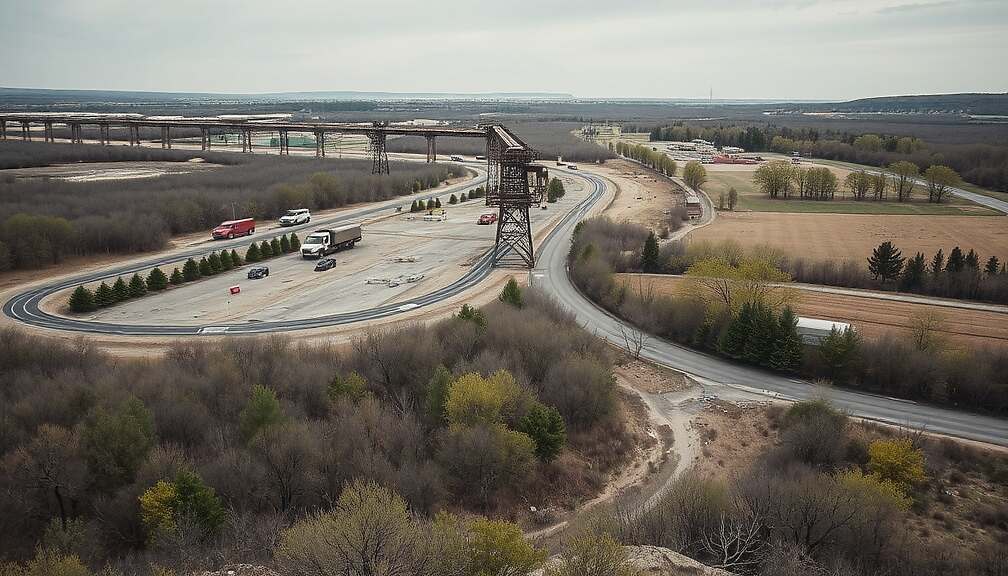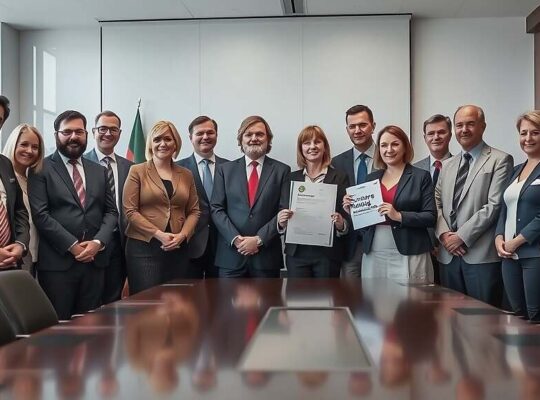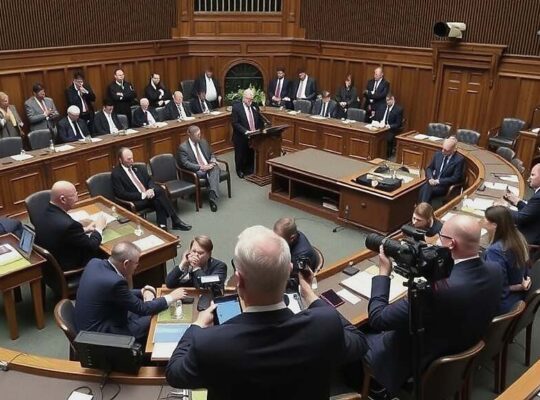The European Commission has formally approved state aid for the decommissioning of the Lausitz Energie Kraftwerke (LEAG) brown coal power plants, a decision totaling up to €1.75 billion. The approval, announced on Tuesday, follows a formal investigation to ensure the compensation aligns with EU internal market rules and state aid regulations. This move is intended to facilitate Germany’s transition away from coal, mandated by the “Coal Cessation Act” of 2020 and a related public-law agreement.
The process proved more complex than previous approvals, specifically regarding payments to RWE, due to the staggered decommissioning schedule of LEAG’s plants set to continue until 2038. This protracted timeframe complicates the assessment of lost profits, a key factor in determining the appropriate level of compensation.
The agreement includes an initial payment of approximately €377 million for advance payments made by LEAG to state-run pension funds responsible for the recultivation of affected open-pit mines. Furthermore, the German federal government will allocate annual installments of €91.5 million to these pension funds between 2025 and 2029 to cover additional recultivation costs and associated social expenses.
Critically, further payments, potentially extending until 2042, could be made based on the findings of the German Federal Network Agency. These subsequent payments would be triggered if LEAG demonstrably incurred losses due to the premature closure of its power plants, using formulas defined within the Coal Cessation Act to calculate the compensation.
While the German government and regional leaders have hailed the decision as a crucial step towards economic stability and social responsibility in the Lausitz region, it raises questions about the scale of state intervention in energy market transitions. Federal Minister for Economic Affairs, Katheine Reiche (CDU), framed the approval as providing “planning security” for the region’s transformation. However, critics might argue that such significant financial support could distort the energy market and disincentivize alternative, potentially more cost-effective, renewable energy solutions.
The approval also underscores the ongoing political sensitivity surrounding the coal phase-out. While regional leaders like Saxony’s Premier Michael Kretschmer (CDU) and Brandenburg’s Premier Dietmar Woidke (SPD) emphasized the importance of securing livelihoods and guaranteeing recultivation commitments, the substantial financial injection risks delaying necessary long-term structural reforms and reinforcing dependence on state subsidies.
LEAG CEO Adi Roesch welcomed the “planning security” afforded by the approval, emphasizing opportunities for investment in alternative energy infrastructure. However, the reliance on significant public funds to secure this transition raises questions about the company’s long-term viability and the potential for equitable distribution of benefits within the region. Silke Rudolf, chair of the LEAG group works council, highlighted the need to ensure “new perspectives” for younger generations and avoid leaving communities vulnerable to the fallout. Concerns persist regarding the true extent to which the transition will be “socially acceptable” as highlighted by Rudolf and the long-term sustainability of reliance on such large-scale public support.












